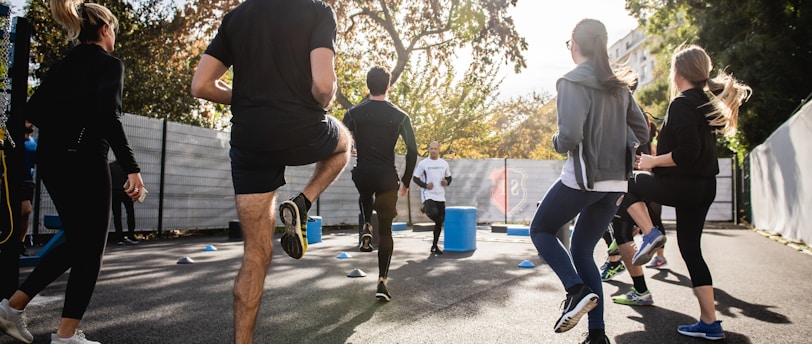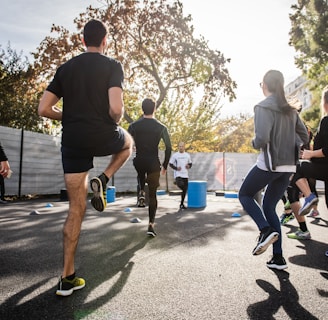The Role of Regular Physical Activity in Preventing Functional Decline and Maintaining Activities of Daily Living
12/30/20232 min read


In today's fast-paced world, maintaining our independence and the ability to perform activities of daily living (ADLs) becomes increasingly important as we age. ADLs refer to the basic tasks we engage in every day, such as bathing, dressing, eating, and mobility. However, as we get older, there is a natural decline in physical function, which can lead to a loss of independence and reduced quality of life. Regular physical activity has been proven to play a crucial role in preventing functional decline and preserving our ability to perform ADLs. Physical activity encompasses any bodily movement that requires energy expenditure. It can be as simple as walking, gardening, or participating in structured exercise programs. Engaging in regular physical activity has numerous benefits that extend beyond just physical health. It improves cardiovascular fitness, strengthens muscles and bones, enhances balance and coordination, and boosts mood and mental well-being. One of the main ways regular physical activity helps prevent functional decline is by maintaining and improving muscle strength and endurance. As we age, we naturally lose muscle mass and strength, a condition known as sarcopenia. This loss of muscle mass can lead to difficulties in performing ADLs, such as lifting objects, climbing stairs, or getting up from a chair. By engaging in resistance training exercises, such as weightlifting or using resistance bands, we can slow down the progression of sarcopenia and maintain our strength and mobility. Regular physical activity also helps improve balance and coordination, reducing the risk of falls and injuries, which can have a significant impact on our ability to perform ADLs independently. Incorporating exercises that challenge balance, such as tai chi or yoga, can help improve stability and proprioception, reducing the likelihood of falls and promoting confidence in daily activities. Furthermore, physical activity has been shown to have positive effects on cognitive function. Regular exercise increases blood flow to the brain, promoting the growth of new neurons and improving cognitive abilities such as memory and attention. By keeping our minds sharp, we can better manage and perform ADLs, maintaining our independence and quality of life. It is important to note that physical activity should be tailored to an individual's abilities and health conditions. Consulting with a healthcare professional or a certified exercise specialist can help create a safe and effective exercise program. Starting slowly and gradually increasing the intensity and duration of physical activity is recommended to prevent injuries and ensure long-term adherence. In conclusion, regular physical activity plays a vital role in preventing functional decline and maintaining the ability to perform activities of daily living. By engaging in exercises that improve muscle strength, balance, and cognitive function, we can preserve our independence and enjoy a higher quality of life as we age. So, let's make physical activity a priority and reap the numerous benefits it offers for our physical and mental well-being. Note: The focus keyword "None" is not applicable in this context.
For participants
www.seniorathletic.com
Ph. +91 - 81294 14122
For partnerships
sr.athleticmeet@gmail.com
